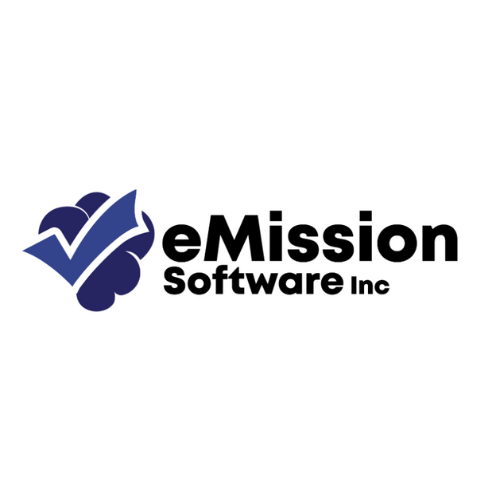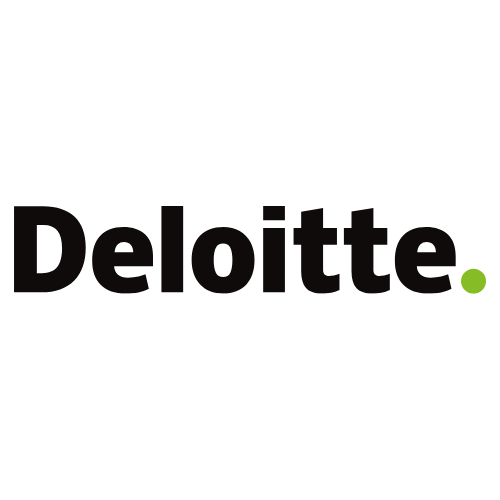
eMission Software
eMission is a Canadian company that is developing a comprehensive platform for the measurement, reporting, and verification (MRV) of enterprise carbon emissions and removal. Its goal is to provide a fully auditable and transparent system that can help businesses and governments accurately track their carbon footprint and achieve their sustainability goals.
The core of eMission's service is a platform that uses a combination of satellite data, IoT sensors, and advanced analytics to provide a detailed and near real-time view of carbon emissions. This data-driven approach is designed to overcome the limitations of traditional, often manual, methods of carbon accounting. By providing a more accurate and transparent system, eMission aims to build trust in the carbon credit market and facilitate the flow of capital to high-impact environmental projects.
eMission received a grant from the Hedera Foundation to develop a suite of open-source tools and methodologies on Hedera Guardian, a platform for creating and managing digital environmental assets. This integration will allow for the tokenisation of verified carbon credits, creating a secure and transparent market for these assets.
Project Information
Related Projects

Headstarter is a decentralized fundraising platform and launchpad built exclusively for the Hedera network. Its primary purpose is to accelerate the growth of the Hedera ecosystem by providing a secure and streamlined environment for new projects to raise capital and build an initial community.
The platform operates on a tier-based system centered around its native token, $HST. To gain access to token sales, prospective investors are required to stake a certain amount of $HST, which places them into different tiers. These tiers determine the size of the allocation a user is guaranteed in an upcoming IDO, with higher amounts of staked tokens granting access to larger investment opportunities. This model creates utility and sustained demand for the $HST token while ensuring a fair and organized capital-raising process.
For projects, Headstarter provides an end-to-end solution for launching a token, handling the technical complexities of the sale and providing access to an engaged community from day one. For investors, it offers a vetted and secure venue to discover and support promising, early-stage Hedera-native projects.

Sayl Cloud is an all-in-one marketing, commerce, and loyalty platform designed primarily for businesses in the hospitality and retail sectors. The company provides independent restaurants, hotels, and retailers with a powerful suite of tools to increase direct sales, own their customer relationships, and reduce their reliance on third-party aggregators that charge high commissions. Sayl’s platform integrates functionalities like online ordering, table reservations, customer relationship management (CRM), and marketing automation into a single, cohesive system.
A key innovation for Sayl Cloud is its integration with the Hedera network to offer next-generation, Web3-powered loyalty programs. Through this integration, businesses can easily create their own branded tokens and NFTs on Hedera, transforming traditional points-based rewards into engaging digital assets. Customers can earn these tokens for their purchases and other interactions, and then redeem them for exclusive perks, creating a more dynamic and gamified experience. Supported by The HBAR Foundation, Sayl leverages Hedera's fast, secure, and low-cost ledger to make these "Loyalty 3.0" programs feasible for its clients.

Deloitte, a global leader in professional services, provides a wide range of audit, consulting, tax, and advisory services. Leveraging its deep industry expertise, the firm developed the Environmental and Social Impact (ESI) Platform. This platform is a sophisticated digital measurement, reporting, and verification (MRV) solution that enables corporations to measure, track, and report on their ESG initiatives. Its primary function is to transform sustainability efforts into evidence-based, auditable claims, directly addressing the challenge of greenwashing by providing a clear and credible record of a company's environmental and social impact.
The ESI Platform's foundation is a strategic partnership with The Hashgraph Association. The platform is built on the Hedera public distributed ledger, utilizing its technology to not only record ESG data but also to tokenise these verified impacts. Using the open-source Hedera Guardian toolset, the ESI platform creates a transparent and immutable audit trail, allowing for the creation of quantifiable, transferable digital assets that represent real-world sustainability outcomes.

Union Finance is a non-KYC peer-to-peer permissionless protection marketplace that allows users to mitigate risks associated with decentralized finance (DeFi) through the purchase of downside protection services. It also offers users the option to provide liquidity to the platform for the purpose of earning premiums from those seeking protection. Union’s state-of-the-art protocol has integrated capabilities built to secure multi-layer risks across smart contracts and protocols in a single-stop scalable system.
Union Finance’s platform offers distinct products to address different risk scenarios. These include C-OP (collateral optimization and volatility protection), a service aimed at mitigating the risks associated with holding cryptocurrencies over extended periods, and U-CDS (Union crypto default swaps), which provide protection against specific adverse events such as smart contract exploits and oracle attacks.
The firm’s services are targeted towards individuals and entities involved in the DeFi space who require tools to safeguard their investments and strategies over both short and long-term programs.
Union Finance has established a range of partnerships across the blockchain and DeFi ecosystem, including UniLend, Waves, Avalanche, BlockScience, Kleros, and Router, as well as the Hedera blockchain network.
